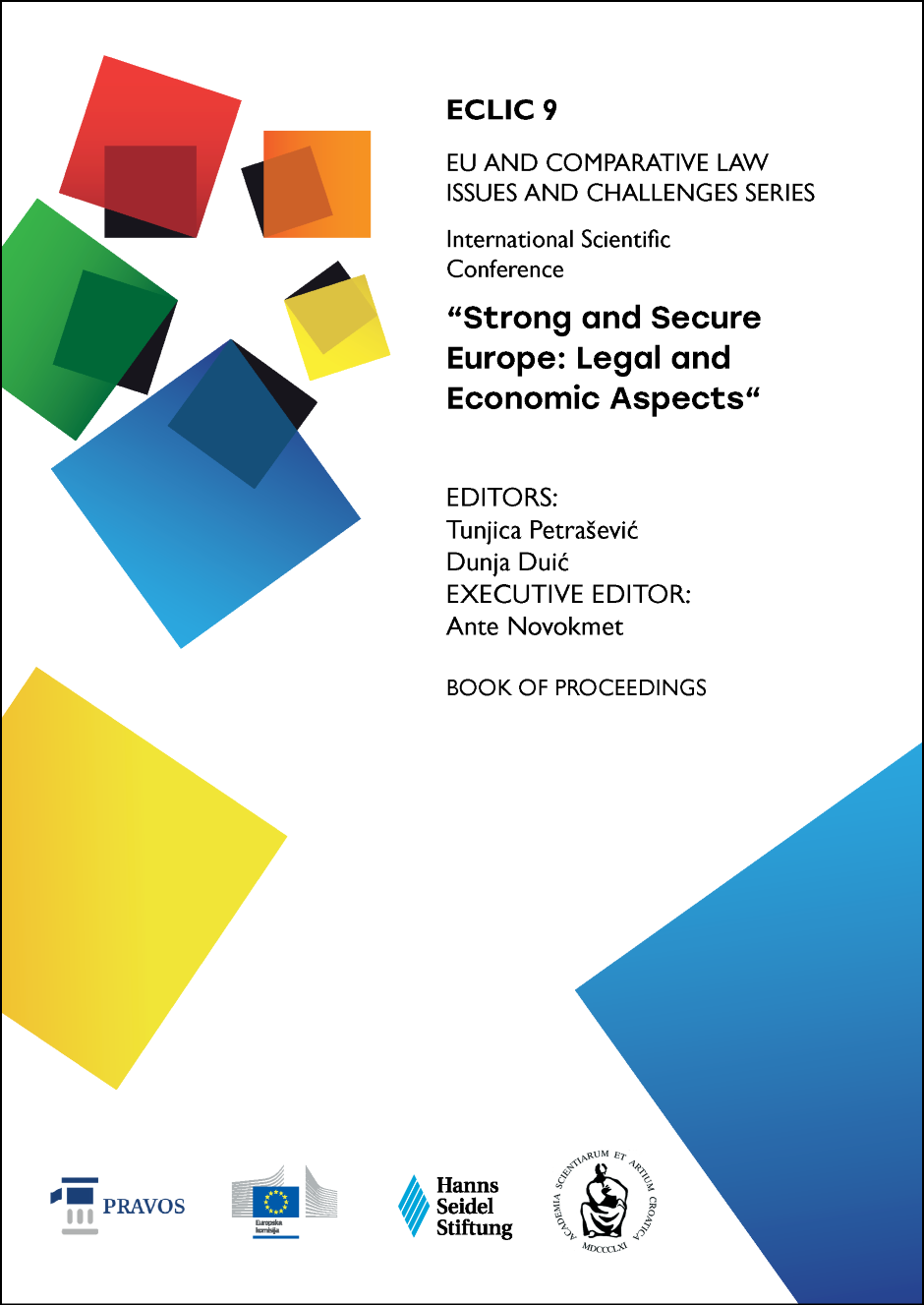LIABILITY IN A DIGITALIZED WORKPLACE
THE ROLE OF THE EU’S NEW AI FRAMEWORK BETWEEN INNOVATION AND SECURITY
DOI:
https://doi.org/10.25234/eclic/38128Abstract
The AI Act, adopted by EU lawmakers in 2024, marks a major step in harmonizing AI regulation across Europe by introducing a risk-based framework for AI system oversight. However, it does not directly address civil liability related to the implementation of AI based systems and technologies. To bridge this gap, the EU has taken steps by updating the Product Liability Directive (PLD) and negotiating the proposed Artificial Intelligence Liability Directive (AILD). The PLD now covers damages caused by products that use AI-systems, while the AILD is still under discussion. Despite these efforts, liability rules remain fragmented, particularly in workplace settings. This paper explores how emerging EU legislation affects liability for AI-related damages at work, where clear rules are essential to ensure accountability and build trust in automation. It addresses challenges such as AI opacity, causation, and the balance between innovation and legal responsibility. Using examples like medical diagnostics and autonomous machines, the paper highlights the difficulties of assigning liability among employers, employees, and AI developers. It focuses on the intersection of contractual distribution of responsibilities, requirements under the AI act and special obligations of employers towards their employees. Croatia’s legal framework on contractual liability serves as a case study, focusing on how EU regulations intersect with national law and worker protection rules. The analysis reveals gaps in liability allocation, shows how guidelines for AI use will increase in importance and suggests how national and EU laws must adapt to support safe and lawful AI use in the workplace.
Downloads
Published
Issue
Section
License
Copyright (c) 2025 Šime Jozipović, Trpimir Perkušić

This work is licensed under a Creative Commons Attribution-NonCommercial 4.0 International License.
Authors retain the copyright on the papers published in the Journal, but grant the right of first publication to the Journal. Papers accepted for publication or already published in ECLIC of the Faculty of Law in Osijek may be published by the author(s) in other publications only with proper notice of its previous publication in ECLIC.


